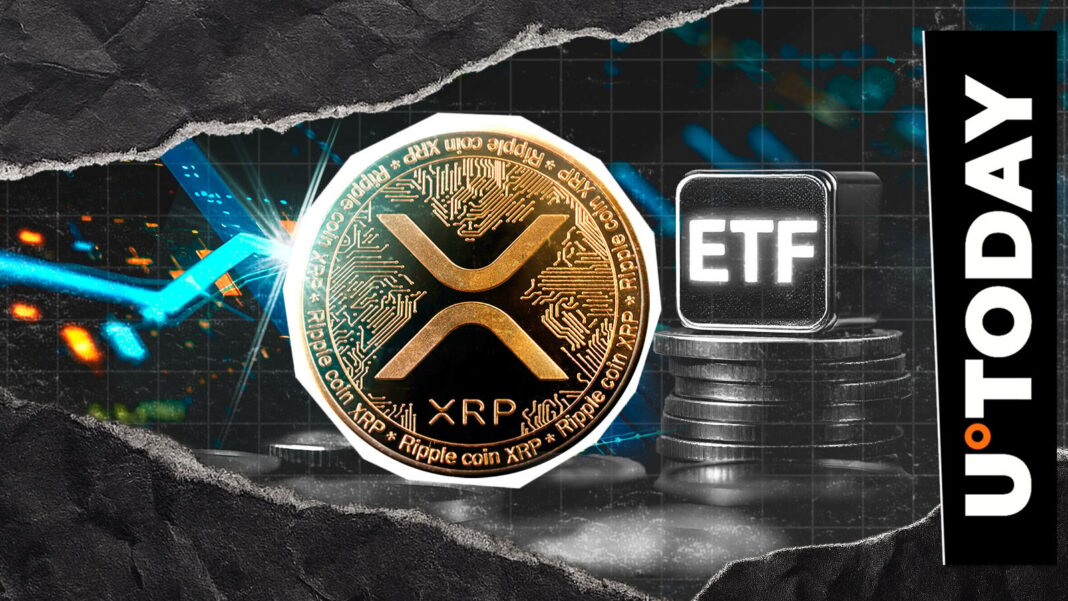Market Pulse
A recent poll has sent ripples through both the political and digital asset landscapes, revealing a significant shift in voter priorities. An overwhelming 64% of voters now consider a political candidate’s stance on cryptocurrency to be ‘very important’ when casting their ballot. This data, emerging on October 26, 2024, underscores crypto’s transition from a niche technological interest to a formidable force capable of influencing electoral outcomes and shaping mainstream political discourse across key democracies.
The Shifting Political Landscape
For years, cryptocurrency was largely absent from traditional political platforms, often relegated to the sidelines or misunderstood by policymakers. However, rapid mainstream adoption, significant institutional investment, and an expanding retail investor base have irrevocably changed this dynamic. The latest poll highlights that voters are increasingly seeing digital assets not just as investment vehicles, but as integral to economic policy, technological innovation, and even personal financial freedom.
This growing concern isn’t uniform across all demographics, yet its overall impact is undeniable. Voters are looking for clarity on issues ranging from taxation and regulatory frameworks to innovation policies and consumer protection within the digital asset space. The findings suggest that candidates who articulate clear, informed positions on crypto-related matters could gain a distinct advantage over those who remain silent or dismissive.
Why Crypto Matters to Voters
The reasons behind this heightened voter interest are multifaceted, reflecting both the promise and challenges associated with the evolving crypto ecosystem. Voters are engaging with digital assets for a variety of reasons, which in turn fuels their demand for political accountability and clarity.
- Financial Independence: Many see cryptocurrencies as an alternative financial system offering greater control and autonomy, particularly amidst economic uncertainties.
- Inflation Hedge Perception: For a significant portion, digital assets like Bitcoin represent a potential hedge against inflation and currency devaluation.
- Technological Innovation: A desire to see their country lead in Web3 and blockchain innovation, fostering new jobs and economic growth.
- Investment Opportunities: Millions of individuals now hold cryptocurrencies, making their investment’s future directly tied to regulatory stability.
- Regulatory Clarity & Consumer Protection: Voters want robust, yet balanced, regulation that fosters innovation while protecting consumers from scams and market manipulation.
Implications for Candidates and Campaigns
The message for political candidates is clear: ignoring cryptocurrency is no longer a viable strategy. As this segment of the electorate grows, politicians will need to develop comprehensive stances that resonate with crypto-aware voters. This could manifest in dedicated policy proposals, public discussions, and even campaign outreach targeting the digital asset community.
Furthermore, the emergence of ‘crypto voters’ could lead to the formation of powerful advocacy groups or Political Action Committees (PACs) that actively support candidates aligned with their interests. Campaigns may need to hire advisors specializing in digital asset policy to avoid missteps and to effectively communicate their vision for the sector.
Navigating the Regulatory Minefield
The increasing political salience of crypto also intensifies the debate around its regulation. Lawmakers face the delicate task of crafting frameworks that encourage innovation without compromising financial stability or consumer safety. Different political factions may champion varying approaches, from light-touch regulation akin to software development to stringent oversight reminiscent of traditional finance.
The outcome of these regulatory discussions will have profound implications for every facet of the crypto market, including decentralized finance (DeFi), stablecoins, and the broader token economy. The pressure from a politically engaged voter base could accelerate regulatory decision-making, forcing politicians to move beyond exploratory discussions to concrete legislative action.
Conclusion
The poll revealing 64% of voters prioritize a candidate’s crypto stance marks a pivotal moment for the digital asset industry and political discourse alike. It signifies that cryptocurrency has achieved mainstream recognition, transitioning from a niche technical topic to a significant electoral concern. As the 2024 election cycle progresses and beyond, political candidates will find it increasingly necessary to articulate clear, thoughtful positions on crypto, shaping not only the future of digital assets but potentially the very fabric of governance in the digital age.
Pros (Bullish Points)
- Mainstream political recognition could lead to more thoughtful and comprehensive regulatory frameworks.
- Increased voter engagement forces politicians to educate themselves and take concrete stances on digital asset policies.
Cons (Bearish Points)
- Risk of politicians adopting unfavorable or overly restrictive policies to appease certain voter segments.
- Crypto issues could become politicized, leading to gridlock or unpredictable legislative outcomes.
Frequently Asked Questions
What does 'very important' mean in the context of voter sentiment?
It means a significant portion of the electorate will actively factor a candidate's views on cryptocurrency into their voting decision, potentially swaying their choice.
How will this impact upcoming elections?
Candidates will likely be pressed to articulate clear positions on crypto-related topics like regulation, taxation, and innovation, potentially influencing campaign strategies and policy debates.
Does this poll suggest crypto will be a bipartisan issue?
While the poll indicates broad interest, specific policy approaches to crypto may still divide along partisan lines, leading to varied legislative proposals and debates.



